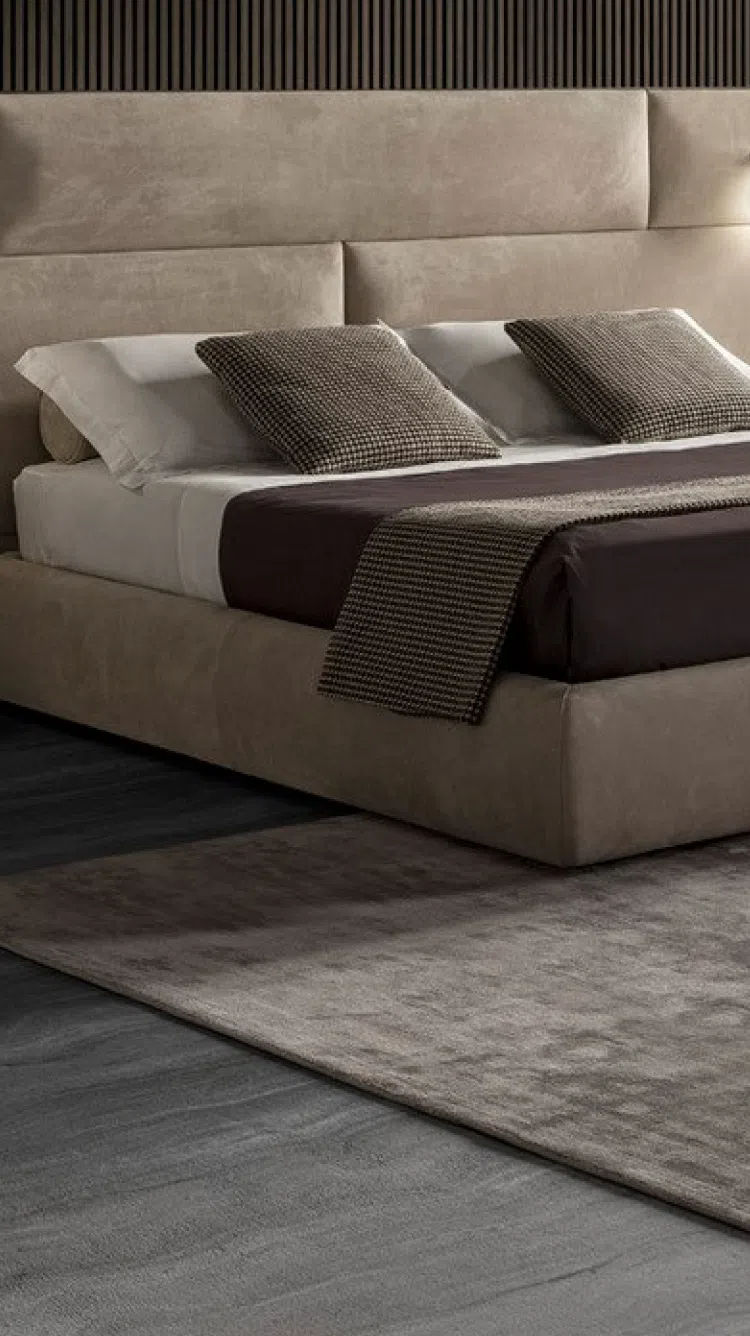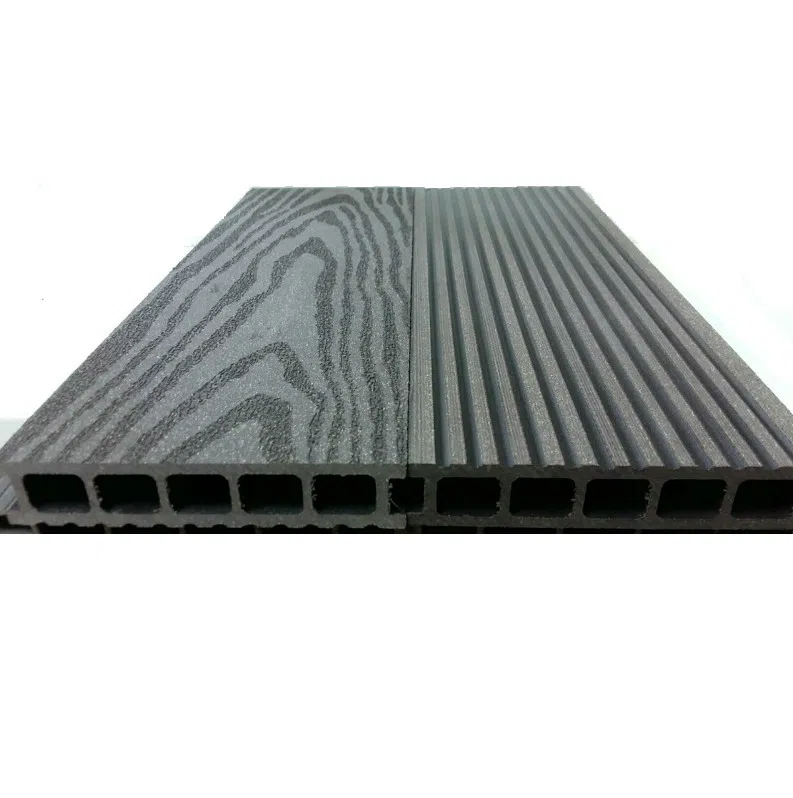Polywood is a trademarked brand name that has become synonymous with a type of material used in outdoor furniture, representing a category of lumber made from recycled high-density polyethylene (HDPE) plastics, like milk jugs, laundry detergent bottles, and water bottles. This type of material is also commonly referred to as "recycled plastic lumber" or "plastic wood," and it has become popular due to its durability and environmental friendliness.
Here are the key characteristics of Polywood material:
Durability: Polywood is resistant to many elements that typically damage traditional wood, including salt spray, oils, corrosive substances, fungi, insects, and other environmental stresses. It does not rot, chip, peel, or splinter, which makes it a popular choice for outdoor and patio furniture.
Low Maintenance: This material does not require the regular treatment or maintenance that traditional wood does. It does not need to be stained, painted, or sealed because the color is typically manufactured through the entire piece of lumber, rather than just on the surface. To clean Polywood, a simple wipe with soapy water is usually sufficient.
Weather Resistant: Whether it's in extreme temperatures, sun, snow, or rain, Polywood holds up well in various climates. It is designed not to absorb moisture, which helps to prevent the growth of mold and mildew. This resistance to weathering also means that it will not crack or fade easily, keeping its look for a longer time without the need for refinishing.



